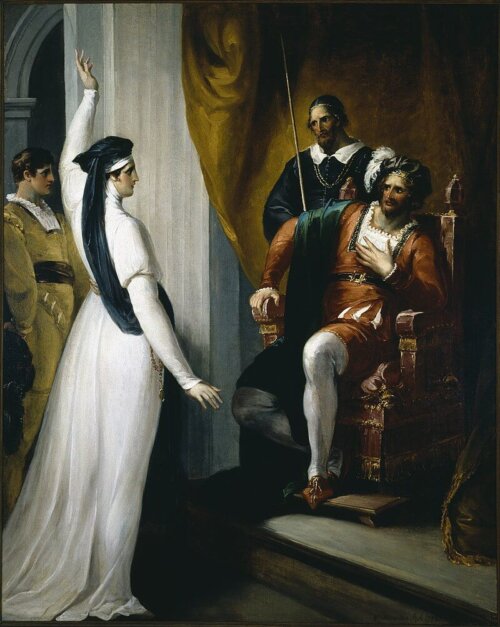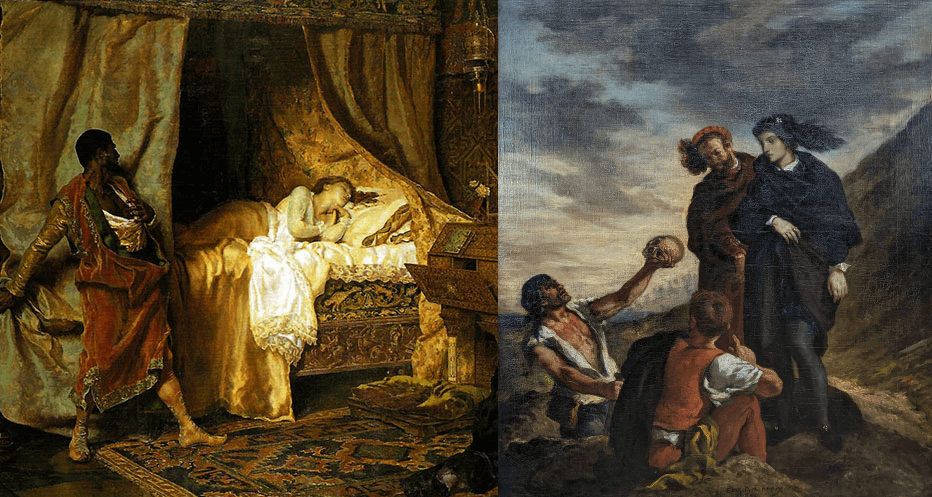Explain This

If the roof falls in or the ship is taking water, I’m the teammate you’ll want to have around. I’ll do anything that seems to need doing and I won’t try to be important while I’m about it. Tragedies? Catastrophes? I know about that. What I don’t know much about is things going quite outstandingly well. So here’s a whole week like that and I don’t know what to think.
For example: a colleague for whom I have a good deal of respect, human, writerly and intellectual, has just sent an email about my book, A Good Look at Evil. He commends it in a way that’s both detailed and deep, actually reading it as I intended for it to be read.
Again, remember the woman friend about whom I wrote in a previous column that our life-long communion seemed on the brink of foundering? She has written back in an email that doesn’t deal directly with the barriers between us now. These she leaves where they were. But she lifts out elements from my Jewish origins that she deems eternal and inspiring. Her words don’t name abstractions; they’re about my mother, the building with turrets along the roof – 1245 Madison – where we lived, but it’s clear to me what they stand for. She won’t be treating who I am with moral or social condescension.
The opinions she held that can rationalize the next Shoah? Yes, perhaps she still holds them. She was my woman friend when I most needed one. I can’t clean the whole attic.
This week I met with an Israeli cousin for lunch at a restaurant with an outdoor terrace overlooking the Delaware river and a cluster of ducks. We haven’t met since before the pandemic. Years ago, I had stepped into a family situation in her defense. I didn’t want to do it. The family I risked offending was (as an Israeli colleague once described it) one key to the power structure of Israel. Well, that’s a colorful exaggeration, but they were extraordinary people and certainly not connections I would toss away willingly. Particularly since my parents had died and I was pretty much alone in the world.
Had there been others to do it, I would gladly have stepped back and let them do it. But there was no one behind me, no one to my left or my right. I was it. So I did what seemed called for and a whole network of valued connections fell away. Nor was a friction-free bond with my cousin the compensating result. No, our relations still harbored all the passionate, difficult fervor of our family and its part in history. The renewal of our face-to-face relation was something I anticipated with unease.
Yet, in the interval, we had attained a new level of mutual comprehension and fondness. All that history — the cost of it through three generations – mutually acknowledged! You might characterize our lunch as a covenantal reunion.
Also this week, Jerry and I visited a woman friend and colleague of mine, now recovering from surgery in our very good local hospital. Although it had been two days since her four-hour surgery, she looked astonishingly “ready to meet her public,” as they say. Despite the scary occasion for our visit, our chattering was filled with the reciprocities of a life-long friendship. After about an hour, her husband walked in and joined in the same spirit. We were enjoying an earned familiarity. Nothing false there.
Continuing my report: with the aid of our omni-competent assistant, I have started doing podcasts of “Dear Abbie,” recording this column from its earliest days. The first columns turn out more subtle than I remembered, and I read them with fresh discovery that shows through in my voice and tone. I think they fill one of the cracks in the conventional understanding of real life –- for women particularly. We are not churning out half-chewed platitudes here.
This morning brought an email commenting on last week’s column, “Light on the Longest Hatred.” From a colleague who is also a comrade-in-arms, it expresses moral solidarity on the most essential level.
Confessions of A Young Philosopher, my forthcoming book, will be published with illustrations. Nineteenth-century novels frequently included illustrations. Not artsy abstract forms for sophisticates. Pictures showing what’s happening in the story. To me, that’s how a book should look, if it tells a story.
Compare a novel that tells a story to a nineteenth-century painting of a landscape. More keenly than most, the painter has seen what’s already there and lifted it out, thereby helping us to see it too. Likewise, a gifted novelist has seen the invisible structure of the situation and lifted it out for our mental picturing. This helps us to reinforce a sense of reality that’s already ours, but so far unconfirmed. This week, my English illustrator has emailed the “rough” of the most hard-to-picture scene in Confessions, showing that she has thoroughly understood it.
Now we will too.
So, it’s been one darned good thing after another!
“Why don’t you buy a lottery ticket?” commented my acupuncturist, who has the qualities of a sage, only less pretentious.
Seriously, what should I make of such a string of supportive, favorable happenings? It feels as if I don’t have the neurons for it. Where should I situate it?
You might say, and I hesitate to talk like this in our tragic age, everything’s
normal for a change.




